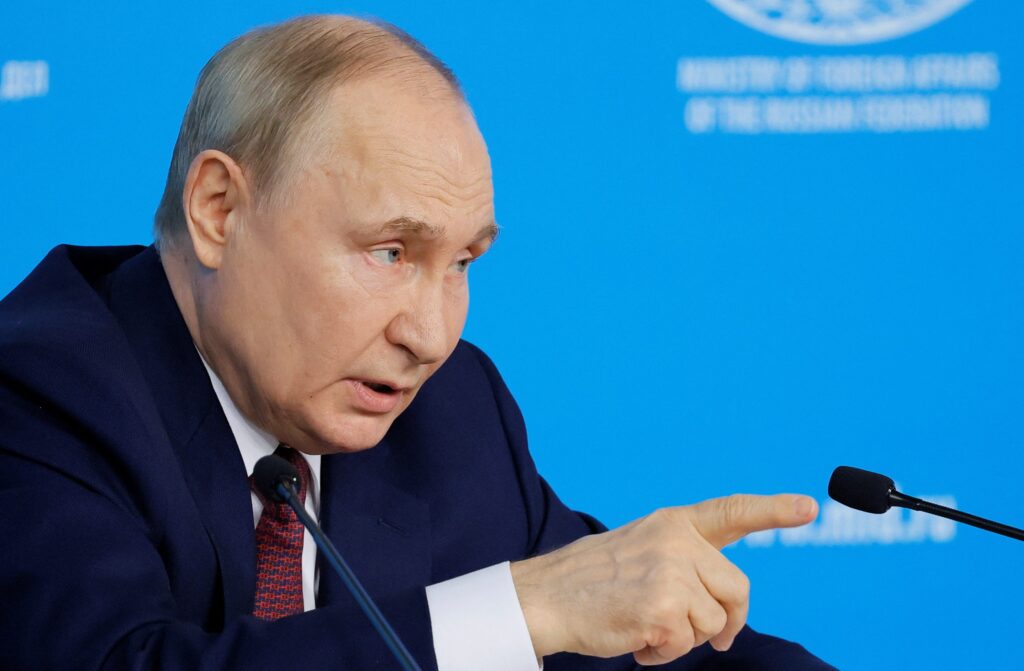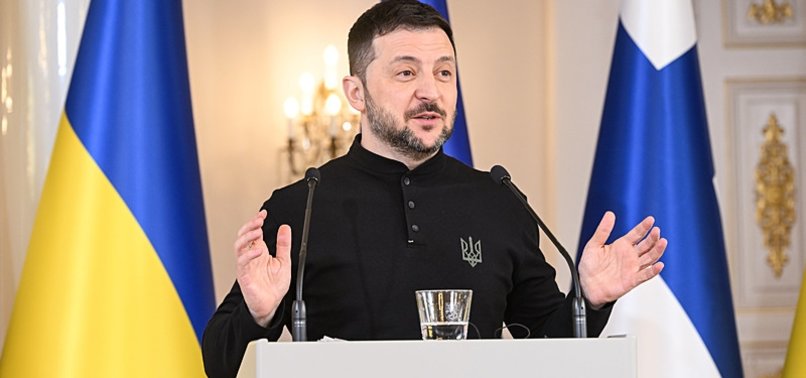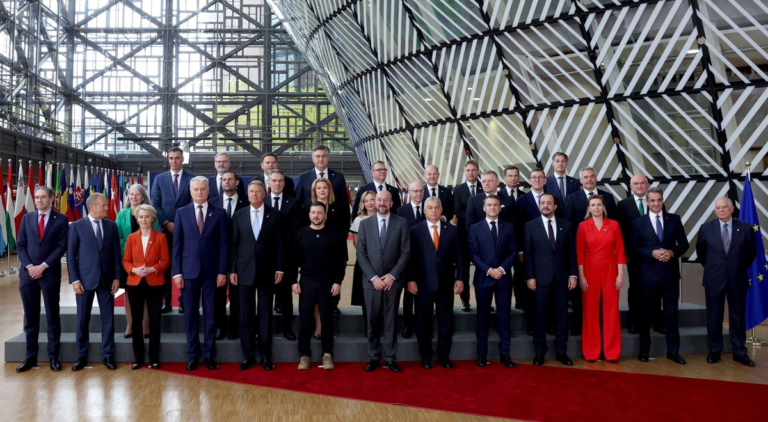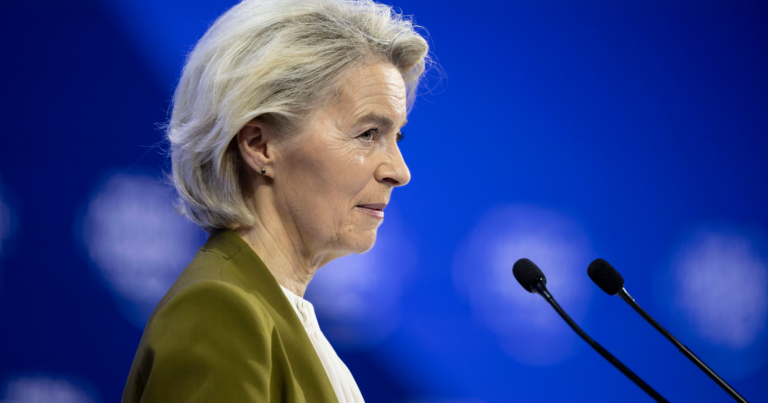
(Vladimir Putin calling on Military Support halt to Ukraine in exchange for ceasefire)
In a decisive move, European Union leaders have collectively dismissed Russian President Vladimir Putin’s call to cease military aid to Ukraine. This unified stance underscores the EU’s unwavering commitment to Ukraine’s sovereignty and defense capabilities. The EU’s strategy, often referred to as the “steel porcupine,” aims to bolster Ukraine’s defenses, making it resilient against external aggression
Orbán’s Divergence
While the majority of EU leaders stand united, Hungarian Prime Minister Viktor Orbán remains an outlier. Orbán has consistently opposed escalating military support for Ukraine and has been a vocal critic of the EU’s approach. His stance has led to Hungary’s exclusion from certain EU declarations supporting Ukraine, highlighting internal challenges within the bloc.
EU’s Strategic Commitment
The European Union is actively enhancing Ukraine’s defense capabilities through various measures

(Vladimir Zelenskyy on Putins demands: “Moscow must stop making unnecessary demands that extend the war“)
Military Assistance: Provision of air defense systems, missiles, drones, and artillery shells.
Training Initiatives: Training programs for approximately 75,000 Ukrainian troops.
Defense Industry Support: Financial backing to strengthen Ukraine’s defense sector, ensuring sustainable and cost-effective armament production.
(According to AP News)
This comprehensive support framework is designed to ensure Ukraine’s self-reliance and robust defense posture.
Global Diplomatic Dynamics
The EU’s firm stance comes amid broader international diplomatic efforts:
- US Involvement: President Donald Trump’s recent engagements with both Putin and Ukrainian President Volodymyr Zelenskyy reflect ongoing attempts to mediate the conflict.
- Ceasefire Negotiations: While partial agreements, such as halting attacks on energy infrastructure, have been reached, comprehensive ceasefire terms remain elusive.
These developments highlight the complexities of achieving lasting peace in the region.
Conclusion
The European Union’s resolute decision to continue military support for Ukraine, despite external pressures and internal dissent, reaffirms its dedication to upholding European security and stability. As geopolitical dynamics evolve, the EU’s commitment to a strong and independent Ukraine remains steadfast.


